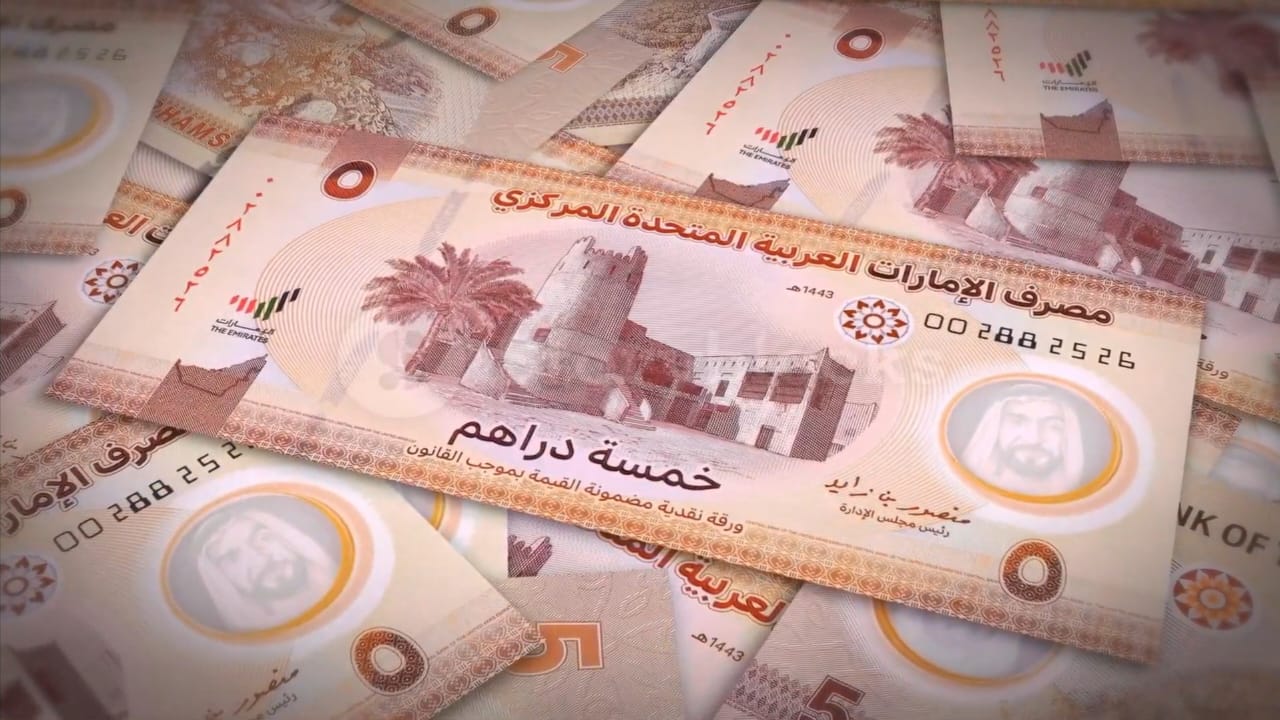By: Vinod Kumar
In an effort to enhance economic collaboration and facilitate seamless cross-border transactions, the Indian Business and Professional Council (IBPC) in Dubai, along with representatives from the National Payments Corporation of India and the Reserve Bank of India, showcased significant advancements in digital payments and currency settlement mechanisms at a recent conclave.
The conclave, held at the Taj Dubai, was a showcase of the local currency settlement (LCS) framework, a key outcome of Prime Minister Narendra Modi’s visit to the UAE earlier this year.
Mr. Radha Shyam Ratho, Executive Director at the Reserve Bank of India, commented that the integration of India’s Unified Payments Interface with the UAE’s payment infrastructure marks a significant milestone in the bilateral economic relationship.
He highlighted that this cross-border settlement mechanism, leveraging the stability of the Indian rupee and advanced digital payment technologies, will not only reduce transaction costs but also enhance financial transparency and convenience. The goal is to create a seamless financial ecosystem that benefits businesses and consumers alike, fostering deeper economic ties between the nations.
The Indian rupee’s stability has been a cornerstone for innovative financial solutions, particularly benefiting the gold, gems, and jewelry sectors, which are prominent in India-UAE trade. The Memorandum of Understanding that was signed between the two nations aims to integrate payment and messaging systems, streamline transactions, and promote the use of UPI and the UAE’s payment infrastructure.
The LCS framework offers direct bilateral settlements in INR and AED, reducing dependency on intermediary currencies and lowering transaction costs. Additionally, it facilitates easier access to trade credit and export advances in partner currencies, fostering greater economic integration.
RuPay cards are now accepted via the Mercury payment gateway in the UAE, and UPI payments are possible through Mashreq Bank. The upcoming RuPay Stack, dubbed JAYWAN in the UAE, is set to roll out in July 2024, with further enhancements planned for October 2024.
Future initiatives include integrating UPI with the Aani service for remittances and enabling international acceptance of RuPay cards. Aani, is an instant payment platform operated by Al Etihad Payments in the UAE.
These developments are part of a broader effort to strengthen India’s digital payment ecosystem, aiming for convenience, security, and efficiency. With trade between India and the UAE currently at $84 billion and a comprehensive economic partnership agreement in place, the two nations are on track to reach a $100 billion non-oil trade target by 2030.
The conclave organised by IBPC Dubai , along with the Indian Missions in Dubai and Abu Dhabi concluded on a high note, with a commitment to ongoing collaboration and innovation, highlighting the strong and dynamic partnership between India and the UAE, and the vast economic opportunities it presents for both countries.














